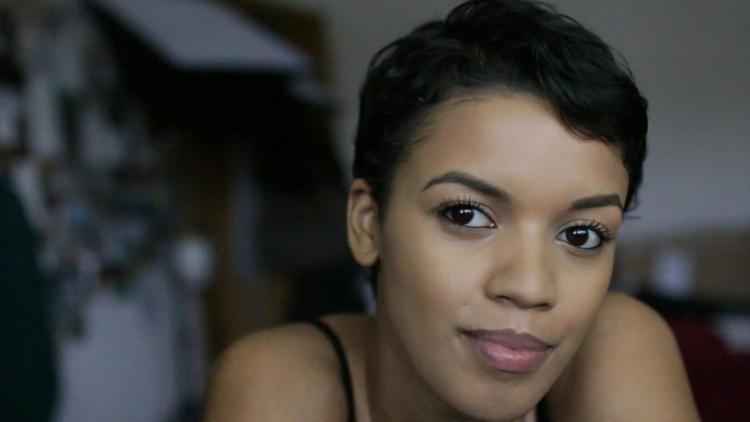What does it mean to be black and European?
In the United States, we attempt to answer this question of identity by linking cultures through sophisticated punctuation. A hyphen allows African-Americans, Caribbean-Americans, Hispanic-Americans, Asian-Americans to hold on to ethnic origins and simultaneously be a part of American society.
Identity becomes more complex when discussing the black diaspora throughout Europe. If you are brown and British does that make that make you black-British or just English? In France, great efforts are made to
avoid racial distinctions but as a result, often, subtle cultural differences are not acknowledged.
Twenty-two year old Cecile Emeke attempts to answer this question through her YouTube documentary series, Strolling, which interviews black youth in London, Paris, Milan, and Amsterdam. Although the series is filmed in a multitude of cities throughout Europe, similar themes arise in the interviews. This often includes defining black beauty, social acceptance, and a strong desire for more representation in media outlets.
As an African-American female living in France, I personally find the French version of the series, Flâner, incredibly intriguing. Before arriving in the City of Lights, I always referred to the stories of Josephine Baker, James Baldwin, and Richard Wright who were all well-known African-American expats who came to France seeking an escape from the racial prejudice of America. Attracted by "liberté, égalité, fraternité"—the pillars of French society. This maxim seemed to free this European society from defining people by their physical, racial appearance. Upon my arrival to France, however, I quickly realized that, although progressive in diminishing racial divisions in theory, in actuality racial and socio-economic division persists. This realization is echoed in Flâner episode two, which features a young woman describing how French people use the English word “black” to describe her identity. “As a black person I would say noire, but a white French person will [use] the English word. It’s weird because it’s a way to 'other' us…basically saying there is something foreign about us.”
Another striking comment made in Wandelen, the Dutch iteration of the series, a black Dutch women refuses to wear red lipstick during a certain part of the year to avoid being mockingly called "Zwarte Piet" by Dutch children. "Zwarte Piet" is a part of a Dutch Christmas tradition. The premise is that Santa Claus, the jovial white man that that has become the universal secular symbol of Christmas, has many nitwitted black helpers. This scenario is reenacted every year with white actors painting their faces black, donning bright red lipstick and an afro. “When children see me walking down the street they will tell me I’m black Piet,” the woman said to the camera with a smile that is an obvious deflection of humiliation.
Emeke features a biracial young man, Johny Pitts, in the original British version of the series. Pitts is a writer, photographer, and broadcast journalist also uses creative outlets to examine black identity. He uses the term "
afropean" to describe his travel photography project in which he visited several European countries to dissect the duality of black heritage in a European context and to better understand his own identity as an English citizen born to a white British mother and an African-American father.
He states that he launched his project to start to unravel the definition of himself, “I have searched for my blackness as though it were a missing piece of luggage containing an important ID,” he continues, “Important because, like many people from an ethnic minority community growing up in Europe, I had been told go back to where you came from in the school yard. The problem was, I didn’t know where the black skin that was causing them to tell me to ‘go home’ did come from exactly.”
Creative projects such as Pitts’ Afropean and Emeke’s Strolling are incredible because they bring awareness to social issues in an interesting and relevant way. They both capitalize on the shareability factor of social media, underlining the fact that anyone can pick up a camera and share their story. It’s no longer necessary to have the means to make a large scale documentary to start a conversation about a topic. I’m looking forward to Emeke’s future projects and to see if she is able to affect the social landscape surrounding black and minority issues.
[Photos: Huffington Post, Archieffoto ANP]









